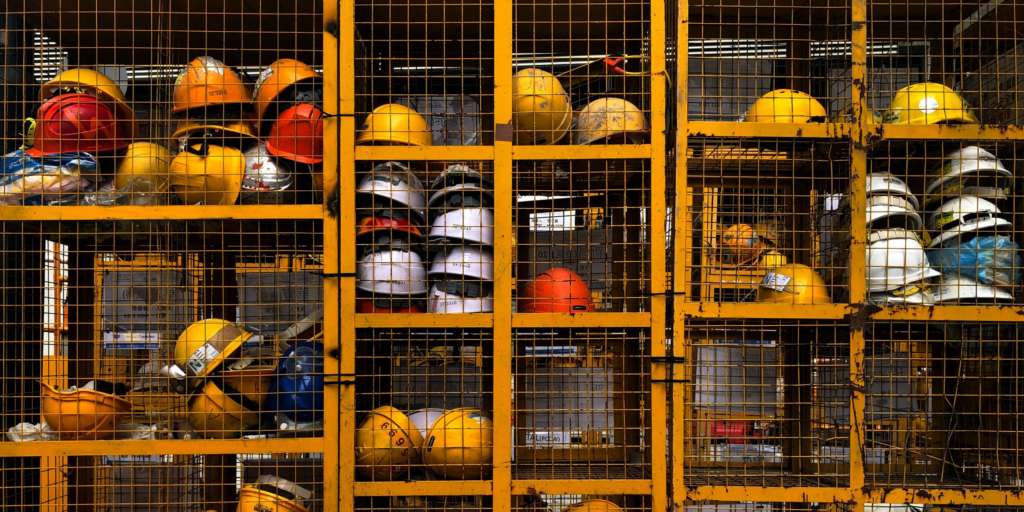Upward social mobility in America hardly works when an employer would rather discard an injured worker on the street than take them to the hospital.
El Centro de los Trabajadores (El Centro), a nonprofit organization in the heart of Denver serving low-wage workers, cites such an incident as the impetus for its creation in 2002.
“An injured day laborer was found abandoned on the street with severe brain damage,” El Centro’s mission statement reads. “He had fallen off a roof while working. His employer, who had picked him up at a street corner, abandoned him in the dark of night to avoid responsibility.”
In recognition that “not all jobs are good jobs,” as Director Mayra Juárez-Denis puts it, El Centro provides a range of services to promote equitable working situations for Denver’s day laborers, migrants, and working class.
For an annual fee of $20, the nonprofit’s members can access services such as its worker program, which positions El Centro as an intermediary between employers and laborers in order to ensure legal and beneficial sources of work.
Employers, including individuals, who want to hire a worker can request one or more via El Centro’s website.
The center currently runs six programs for its members — including its wage theft protection program — and partners with other Denver organizations to provide a diverse set of services. Right now, the center is working with the Denver auditor’s office to try to establish protections for its workers. Chiefly, El Centro has identified a need for more subpoena power for auditors looking into companies that could be committing wage theft (refusing to pay workers for time worked) or impinging its workers’ rights.
As part of its wellness program, El Centro has worked with the Anschutz Foundation to tackle issues like outside laborers’ risk of skin cancer and prolonged sun exposure.
Over time, El Centro works to enable workers to not only find stable jobs but to become employers themselves. Through their entrepreneurship, undocumented workers are able to work toward a legal pathway for creating their own limited liability corporation (LLC), one of their most popular services.
El Centro’s work is not limited to the Denver metro area, but spans from Commerce City to Westminster and into the surrounding areas. “We are very active in the community,” said Juárez-Denis. “So when people say, ‘Hey, what organization really serves immigrants like that?,’ the immigrant community already knows us and they trusts us.”
Juárez-Denis categorized El Centro’s members into two main groups: veterans, who migrated anywhere from five to 20 years ago, and newcomers, such as the recent influx of Venezuelans coming to Colorado. Most of the people who use its services are young, predominantly between the ages of 20 and 40, and although many of its workers are men, Juárez-Denis said that currently numbers were split about even between male and female participants.
By December, El Centro is projected to have conducted over 750 annual “one-on-ones”: the first part of its processto learn about potential members and explain the services it offers.
“It’s very important that we know who we’re serving,” said Juárez-Denis. “So we’re finding out who are they, what talents they are bringing, what kind of education they’ve already had…[and] how we are going to serve them.”
When asked what labor issues middle-class Coloradans should know more about, Juárez-Denis responded, “I don’t think that we’re doing enough to understand the investment that is needed with this immigrant community.”
“Colorado’s in need right now,” said Juárez-Denis. “You talk to industries … like construction industries [that] are in need of workers, like right now.”
Juárez-Denis framed migrant work as an integral part of labor in the U.S. — and Denver.
“It’s not going to be a burden for the city — it’s going to be an investment that is going to improve our community.”
For the coming year, El Centro is determined to get as many of its members trained and working as possible. Juárez-Denis stressed that there is a vacuum for skilled workers, and that El Centro’s goal is not to just get people into jobs, but to provide employers with a solid and reliable workforce. Trained workers help the entire community — not just the scores of day laborers who work in childcare, cleaning, construction, agriculture, landscaping, and transit — but also the families, business owners, consumers, and cities that rely upon them.
The answer to furthering El Centro’s mission? “We need the institutional support to start creating this prosperous working class,” said Juárez-Denis. With more resources from the community and city, El Centro asks for nothing more than a baseline of dignity, safety, and fairness for all of Denver’s residents.





